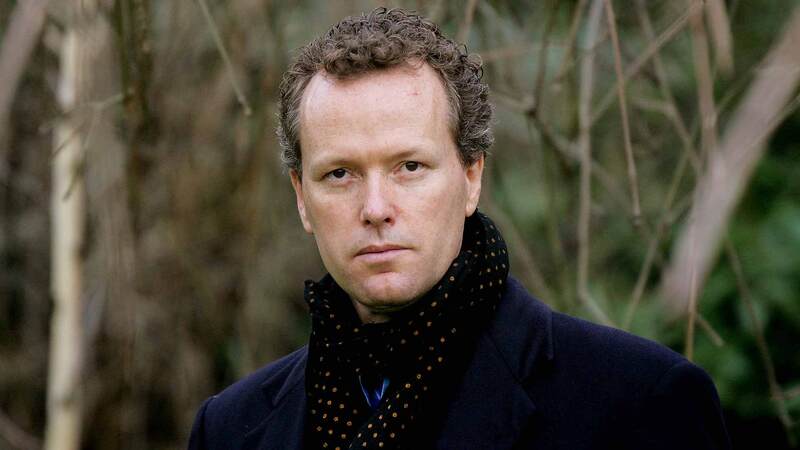You are viewing your 1 free article this month. Login to read more articles.
DSC Prize for South Asian Literature shortlist revealed
Six novels have been shortlisted for the 2019 DSC Prize for South Asian Literature, as the award returns for its ninth year.
The £25,000 prize commends the best of South Asian fiction writing and provides recognition for authorship on the region from writers both within and outside of the continent.
Amitabha Bagchi's Half the Night is Gone (Juggernaut Books, India) is in the running for the prize alongside 99 Nights in Logar by Jamil Jan Kochai (Bloomsbury Circus, Bloomsbury, India & UK, and Viking, USA) and Madhuri Vijay's The Far Field (Grove Press, Grove Atlantic, USA).
There’s Gunpowder in the Air by Manoranjan Byapari and translated from Bengali by Arunava Sinha (Eka, India), Raj Kamal Jha's The City and the Sea (Hamish Hamilton, India) and The Empty Room by Sadia Abbas (Zubaan Publishers, India) complete the shortlist.
Administered by the South Asian Literature Prize & Events Trust, the DSC Prize received a record 90 eligible entries this year from 42 publishers and 55 imprints from across the globe. South Asian writers as well as writers of any ethnicity writing about South Asia and its many diasporas are eligible for recognition for their commitments to the rich and varied world of literature in the region.
Jury chair Harish Trivedi, said: “The shortlist that we have arrived at comprises six novels – for the good reason that the five jurors, located in five different countries, could not agree on just five novels. There are two women here, and three debut novelists including both the women.
“Three of our writers live in South Asia and three live abroad – which fact may not come as a complete surprise. There is now a South Asia beyond South Asia. Two of the six novels are set partly in New Delhi, and partly in the surrounding countryside in one case, and in the other case partly on the Baltic coast. One of the novels is set in Pakistan of the 1970s, one in Kashmir, and one in Afghanistan. The sixth is actually set in a prison and was written originally in Bengali by an author who has actually served time and used that period to learn to read and write. That too is South Asia.”
Delivering the keynote address at the shortlist announcement, Kate Mosse, who co-founded the Women's Prize for Fiction, said: “Prizes matter because they keep works of quality on the shelves. We feel that we can go onto the internet and find everything, but if we don’t know what’s there, we don’t look for it. Prizes and accolades enable more writers to exist and more readers to read. If a particular book attracts a particular prize, they get publishers. The more we hear from different voices all over the world, the richer we are. Prizes provide platforms for other people to speak for themselves instead of being spoken for. Two prizes are very important to me, The Foreign Translation prize and DSC. I love the idea that it is incredibly open. It is not about where your parents lived or where you were born, it is about shared stories. The prize offers imagination and spark and a chance to honour other people's stories."
The winner will be announced at the IME Nepal Literature Festival in Pokhara in Nepal on the 16th December.


















